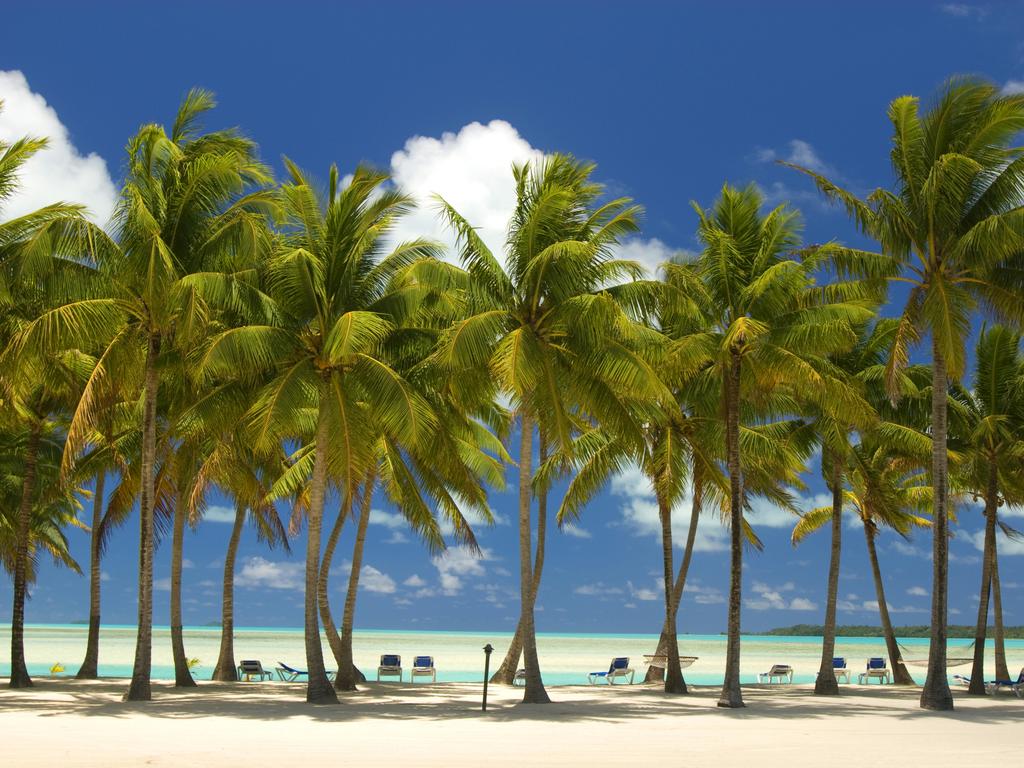According to the Solomon Islands Government webpage, through evidence from archaeologists and linguists, it’s said that people from Southeast Asia established themselves in the Solomon Islands within the range of 3000 to 2000 BC, but it wasn’t until 1568 when the Europeans found out about the Solomon Islands. During that time, a pioneer named Álvaro de Mendana discovered gold in Guadalcanal. His find of such treasury caused him to believe that he discovered the Bible’s King Solomon’s riches, which eventually led the span of islands to be dubbed the Solomon Islands. His voyage to the Solomon Islands gained popularity among other travelers which led to individual islands gaining Spanish names and a British protectorate being put in place in the islands of Tulagi, the capital of the protectorate, Makira, New Georgia, Malaita, and Guadalcanal.
During the 20th century, due to the aggression Japan had in World War 2, the islands turned towards to war. Later in the century, the British protectorate was removed from the Solomon Islands, which allowed them to be an independent nation in 1978. A couple of decades later, tribal strife stirred up into a violent arms conflict, but was settled in 2003 when RAMSI, the regional assistance mission to Solomon Islands, was initiated by Australia and its neighboring islands. Ever since that, the islands have been at peace.
